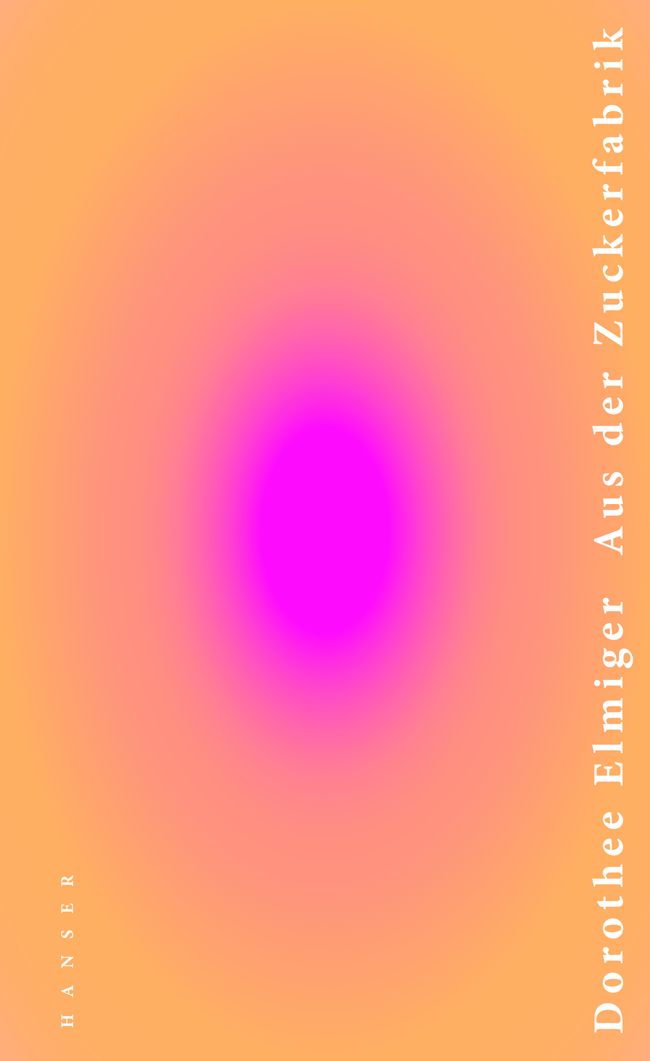review
Sugar-coated
Out of the Sugar Factory is a kaleidoscopic collection of reflections and observations exploring the complex global patterns of capital and labour behind the sugar manufacturing industry.
Out of the Sugar Factory is driven by the narrator’s own experiences and memories, as well as her research into the sugar industry, contained in her dossier of ‘sugar notes’. Her writing experience is explored in her reflections of the book’s themes as well as through the recounted conversations with lovers F and C and a neutral friend. The overarching theme in the novel is that of the body: all sorts of bodies jostle for our attention in the narrative, along with their conflicting desires and ambitions. The bodies of Greek statues, European businessmen, a pineapple plantation king, slave owners and sugar addicts stand in contrast to those of the West African slaves in the deadly sugar plantations. The narrator experiences the body’s relevance to social and political history in fragments of memories and reflects on it in conversations or her own writing process.
The book explores the realisation that even though we are always limited by the place of the body and the particular moment we inhabit, we are intimately connected to history and our passions and desires – for wealth, food, love. Elmiger asserts that the wrongs that have been committed through these desires cannot be resolved, just observed.
One of the first documented sufferers of anorexia, Ellen West, is portrayed through her own quotes and her psychologist’s observations. Throughout her life she is torn between the fear of gaining weight and extreme cravings for food; her psychologist reflects on her lust for life, juxtaposed with animalistic eating, greed and her anxiety around killing animals for food. She committed suicide in 1921. The book also considers the fate of Switzerland’s first lottery millionaire, who loses his win after trusting his employer with the management of his wealth, following the slow unravelling of his life throughout the narrative.
The novel’s recurring themes of the body, desire and insanity, money, work and colonialism are embedded in a literary collage of re-imagined facts and literary references, interspersed with the narrator’s own thoughts, experiences and conversations with friends. The narrative forms a tapestry of moments that will make sense for every reader on an individual level. Dorothree Elmiger’s experimental, notebook-style work is a remarkable piece of contemporary literature, skilfully engaging with real-world problems through the medium of personal experience.




All recommendations from Autumn 2020